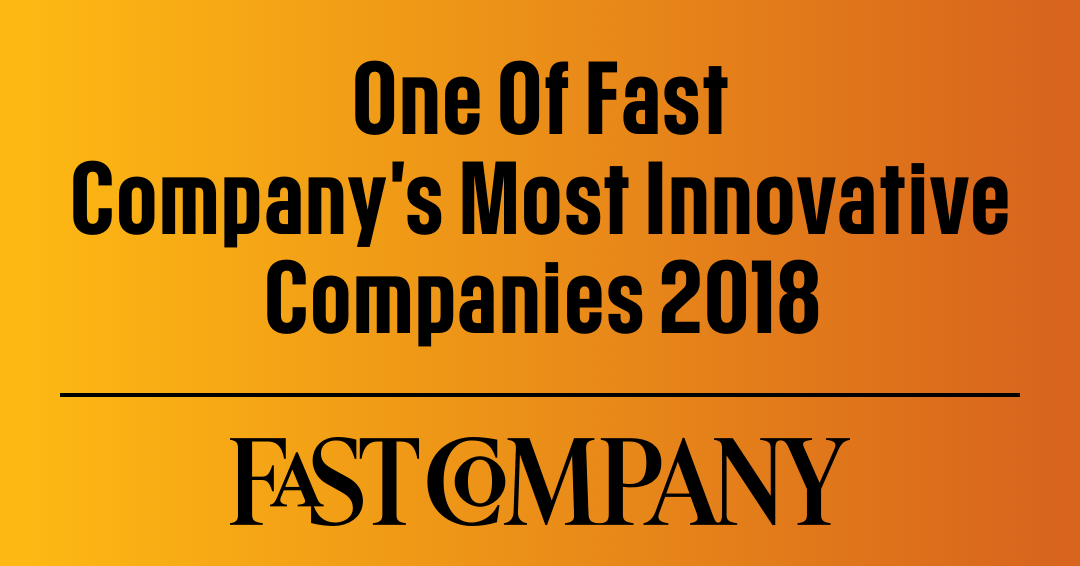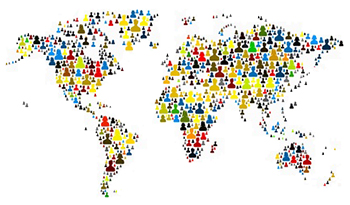
The benefits of genomics in rare diseases are increasingly making a difference to patients, their families, and their physicians, and they are being scaled globally.
The trend of accelerating the use of genomics in rare disease diagnosis and treatment is going global, driven by the important goal of reaching all people around the world, no matter where they live.
Active programs have now been deployed and exist in many populous countries around the world.
For instance, WuXi NextCODE has established active collaborative efforts in three continents, most recently adding Fudan Children’s Hospital as a partner in its efforts to lead whole genome diagnostics for rare diseases in China.
Over the coming weeks, I expect WuXi NextCODE to continue have news of its dedicated efforts to spread the application of genomics for rare diseases to all geographies.
Diagnosing Rare Diseases: Genomics Shifts the Paradigm
Rare diseases are an area of significant advancement for genomics, as the opportunity for improved diagnosis and treatment through the use of genomics is truly remarkable.
According to the National Institutes of Health (NIH), there are over 7,000 rare diseases affecting between 25 and 30 million Americans, which is nearly 1 in 10 people, making the overall prevalence of rare diseases significant. Since NIH believes that approximately 80 percent of rare diseases have genetic origins, the potential for genomic sequencing, interpretation, and analysis to offer a solution here is truly game-changing.
Every day there are new cases of children with “unknown” diseases, many of which are likely related to a hereditary genetic disorder. Sadly, these children and their families often spend years undergoing testing and experimental treatments for a wide range of diseases in an attempt to properly diagnose and treat them; usually, this so-called “diagnostic odyssey” is accompanied by a very high financial and emotional burden.
Genomics offers the potential to deliver a correct and precise diagnosis for rare diseases that have identifiable genetic causes. Indeed, case studies are rapidly accumulating that show that, by offering genomic sequencing and analysis services to patients with a suspected rare genetic disease, mutations that might be causing the disease may be identified, and thus correct treatment can be employed much earlier to eliminate the burden of a long-term diagnostic and treatment odyssey. A recent article in Bloomberg BusinessWeek highlighted medical histories of two patients who recently received a diagnosis informed by genomics. In both these representative examples, genomic analyses provided an end to the burden, cost, and stress of their multidecade-long diagnostic odyssey:
- Jackie Smith, 35, spent the 32 years from age 3 unable to receive a correct diagnosis that could account for her weak limbs and turned-in ankles, despite seeing many doctors on numerous occasions. Indeed, Jackie’s parents were told to “take the 3-year-old girl home and enjoy her while they could” …”[her disease] would probably kill her before she was old enough to drive.” This past February, using genomic interpretation and analyses from Wuxi NextCODE, Claritas Genomics definitively identified her condition as centronuclear myopathy in less than three weeks.
- Dustin Bennett, 24, would tremble and violently jerk for hours or days at a time and had been developmentally delayed since childhood. After dozens of doctor visits and incorrect diagnoses—seizures, muscle disorders, mental health problems—a Mayo Clinic genomic-based analysis showed he has episodic ataxia type I, a neurological disease characterized by hours-long attacks with no clear trigger. Dustin, a 24-year-old who functions at a first-grade level, is now on the second round of a medication doctors say should help reduce the frequency and severity of his episodes.
The benefits of genomics in rare diseases – to individuals, their families, and their physicians – are increasingly making a difference to patients. These benefits are being seen in case after case – and they are being scaled globally, as leading medical centers in many countries around the world are using genomics to support their efforts in diagnosing and treating rare diseases. I believe passionately in the game-changing potential of genomics to help rare disease patients and I am dedicated to advancing world-leading genomics globally to uncover new solutions for patients.



